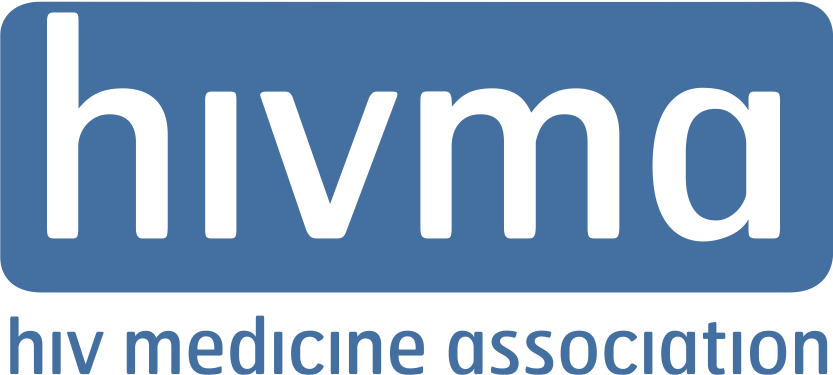07/13/2018
NEWS RELEASE
Today the National Academies of Science, Engineering and Medicine released Integrating Responses at the Intersection of Opioid Use Disorder and Infectious Disease Epidemics, a report documenting the proceedings of a two-day meeting of public health, drug policy and law enforcement experts, including leaders of the Infectious Diseases Society of America and the HIV Medicine Association.
Exploring the scope of a public health crisis that has led to a four-fold increase in hospitalizations for infections related to opioid use, tripled rates of hepatitis C infection, and seen HIV incidence rise among people who inject drugs, the report also examines obstacles and opportunities, as well as potential research and policy approaches toward integrated opioid use disorder and infectious diseases prevention and treatment.
The report affirms the need for surveillance of opioid use related infections that include HIV, hepatitis B and C, endocarditis, a heart valve infection, as well as blood, bone and soft tissue infections. It underscores the increasing need for trained healthcare providers, who can provide integrated care that includes evidence-based treatment for opioid use disorders. In addition, the report documents consensus among workshop participants that the causes, as well as the consequences of opioid use must be addressed, across the spectrum of responses.
The observations summarized in the report further support IDSA, HIVMA and Pediatric Infectious Diseases Society policy recommendations, also highlighted during the meeting, for proven prevention measures. These measures include syringe exchange, enhanced surveillance of infections related to opioid use, improved epidemiological data, expanded access to HIV, HCV, and other infectious diseases treatment as well as to addiction treatment, and research and support for addiction and infection co-treatment approaches.
Infectious diseases leaders who participated in the workshop also highlight needs, in an Annals of Internal Medicinearticle released today, for increased funding and partnerships across settings and fields of expertise to improve access to and effectiveness of substance use treatment, as well as management of infectious diseases consequences. The authors, Sandra A. Springer, MD, Todd Korthuis, MD, and HIVMA past chair, and Carlos del Rio, MD, also note that expanded access to Medicaid coverage and increased funding for the Ryan White Care Program will be critical to extending integrated interventions to all people who need them.

